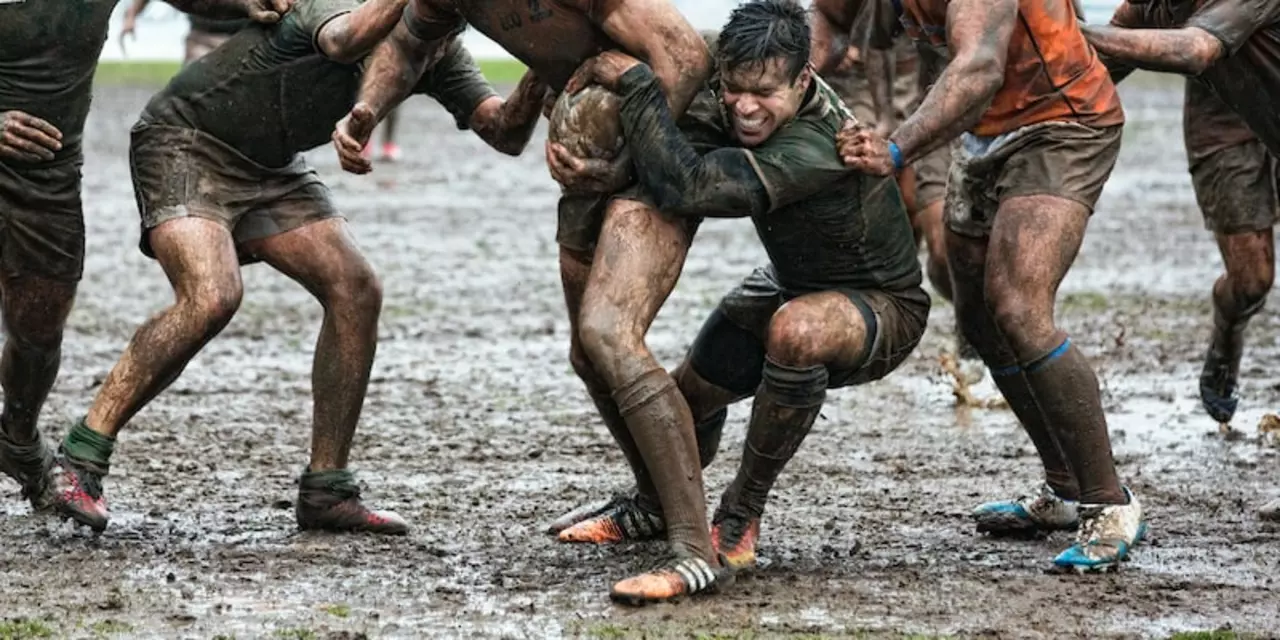Sports Injury Prevention for Rugby Players
Rugby is fast, physical, and fun, but the hard hits can lead to injuries that keep you off the pitch. Want to stay in the game longer? Below are straight‑forward ways to cut down the risk of common rugby injuries, from bruises to concussions.
Understanding the Concussion Risk
One hot topic in the rugby community is whether league or union sees more concussions. A recent piece looked at match data and found league at about 2.7 concussions per 1,000 exposures, while union clocked in at 2.2. The higher number in league was linked to more frequent contact situations. That tells us the sport’s intensity matters, but it also shows we can act to protect players no matter the code.
Concussions happen when the brain is jolted inside the skull. Even a mild bump can cause headaches, dizziness, or slowed reaction time. If you’ve ever felt “foggy” after a hard tackle, that’s a warning sign. The key is to spot symptoms early and pull the player out of the game until a medical check is done.
Practical Tips to Reduce Injuries
Here are easy habits you can add to training and match days:
1. Warm‑up properly. Spend 10‑15 minutes on light jogs, dynamic stretches, and movement drills. A good warm‑up gets blood flowing and prepares muscles for the sudden bursts of rugby.
2. Strengthen the neck. Strong neck muscles help absorb impact and can lower concussion chances. Simple resisted head‑tucks or chin‑tucks done a few times a week make a difference.
3. Use correct tackling technique. Keep the head up, aim for the opponent’s torso, and drive with the shoulder, not the head. Bad technique is a major cause of head injuries.
4. Wear the right gear. A well‑fitted mouthguard and proper scrum caps can lessen facial injuries and reduce the force on the head. They aren’t a guarantee, but they do help.
5. Stay hydrated and fuel up. Dehydration makes muscles cramp and reaction time slow, which can lead to awkward falls and sprains.
6. Keep an eye on fatigue. Tired players are more likely to miss a tackle or land wrong. Rotate the squad if you notice early signs of exhaustion.
7. Follow a recovery plan. After a hard game, do cool‑down stretches, ice sore spots, and get enough sleep. Skipping recovery can turn a small knock into a bigger problem.
Finally, talk openly about injuries. A culture that encourages players to admit they feel off reduces the chance of hidden problems turning serious. Coaches, captains, and medical staff should all push for honest communication.
In short, staying injury‑free comes down to solid basics: warm‑up, technique, gear, and listening to your body. Whether you’re playing league or union, these steps give you the best shot at enjoying the game without unnecessary setbacks.

